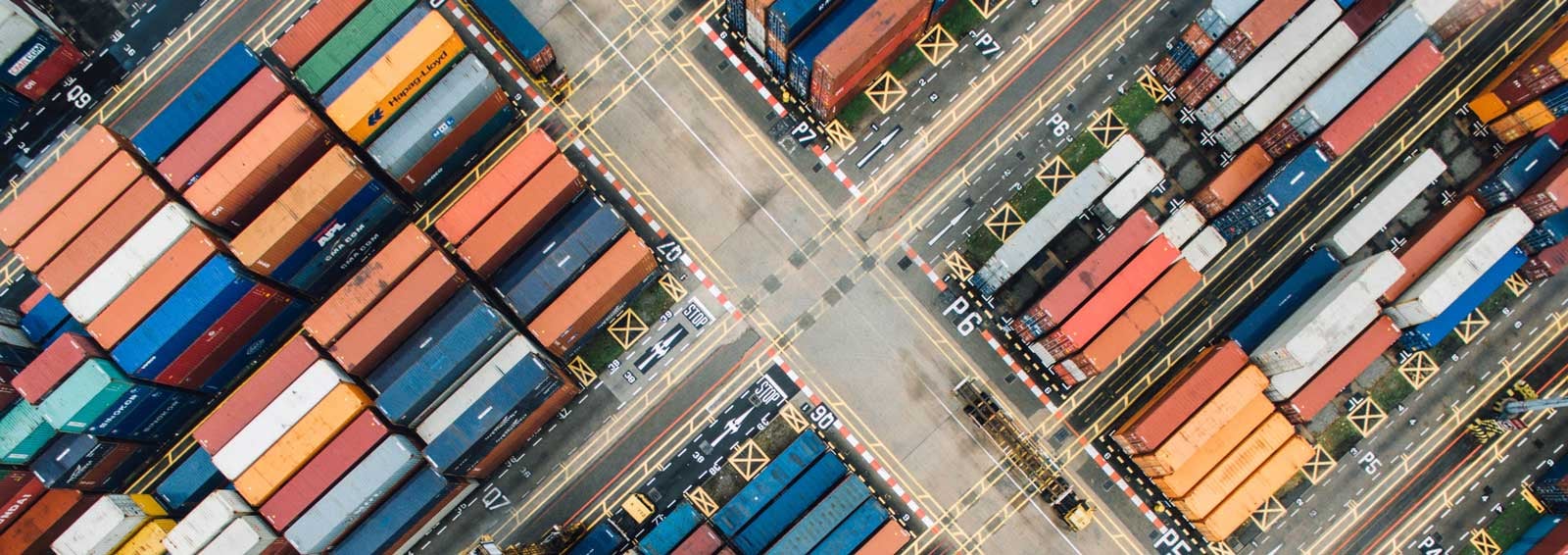[gallery]
5 key ingredients for a meaningful direct trade recipe
It is no secret that sourcing at the farm gate is complicated for the majority of coffee roasters. It requires knowledge and time. Traveling to the producing countries and agreeing on a fair price with coffee producers is the easiest part of sourcing directly. When it gets to finding partners willing to do the extra work to prepare, export and import 20 bags of coffee, then it starts to get complicated. We’ll present the challenges of direct trade in a future blog post. Let’s stick to the question we asked in our first post: what defines direct trade?
Because every roasters want to source as direct as possible and because it is difficult and time-consuming to do so, importers offer direct trade solutions to roasters. This means that it’s actually not the roasters who buy the coffee at the farm: importers do so and offer the roasters guarantees that the coffee was bought according to their direct trade model. But because direct trade is not a standardised and audited “label”, these models are diverse and embrace various ways of sourcing coffee.
So let’s have a look at the five key ingredients that make a meaningful direct trade receipt:
#1 Supply chain transparency
The first aspect of transparency is the actors and their roles. Who are the different actors that will be involved to make it possible to deliver this coffee to me? Is the coffee sold by the producer to the exporter first? What is the role of the exporter, does he only provide services like milling and baging the coffee or does he own it? In a direct trade model, the path of the coffee from the producer to the roaster must be clear for all parties involved.
#2 Price transparency
The price structure should be accessible to both ends of the supply chain, roasters and producers. It includes the price paid to the farmer, the fees exporters need to cover the costs of preparing and exporting the coffees, the shipping costs and the importers’ fees for unloading, stocking and transporting to the roaster.
#3 Roaster - producer communication
Let’s step back and take an example from another industry: a bicycle company that produces its bikes in Taiwan. The bicycle company knows its suppliers and talks regularly to them. The bicycle company shares with their suppliers the new trends in the market, what customers are looking for, if the frames should be black or white in 2015. On the other side, the supplier shares the production progression, the constraints they face, etc. One of the purposes of direct trade is to make this feedback loop between coffee producers and roasters shorter. Producers put a lot of effort to grow, harvest and prepare high quality beans and they are proud to get feedbacks on their work from roasters from around the world. This fuels their motivation. And in the end, the roasters are the ones who magnify the flavours of their coffees and terroir! They should know each other!
#4 Developing relationships, fostering trust
Quality is one of the reasons why roasters are developing long term relationships with producers. Within a competitive market to source the best green beans, direct trade offers to roasters a way to secure a constant supply of quality coffee and even develop higher quality together with the producers. But the most important impact these relationships should have is to foster trust in the chain. Most coffee producers feel distrustful about the trade of coffee. Developing relationships with producers and fostering trust in the chain is the mission of direct trade.
#5 Rewards for quality
When talking to producers, they use to be firm about the fact that the new generations do not see a lot of perspectives in coffee production. But producing high quality coffees and developing direct relationships with roasters around the world who are willing to pay a good price for quality is surely appealing for these new generations. More than an ingredient of direct trade, paying premium prices for premium quality is a responsibility of the coffee industry. It means investing in the future.
Direct trade in itself is not a revolutionary concept. It exists in other industries. Buyer and seller agree on a quantity and price and then service providers organize the trade and logistics. Without any doubts coffee is a specific industry with its characteristics, challenges and constraints. But at algrano, we believe that making direct trade possible, efficient and scalable should be an industry priority.




Let Us Know What You Thought about this Post.
Put your Comment Below.